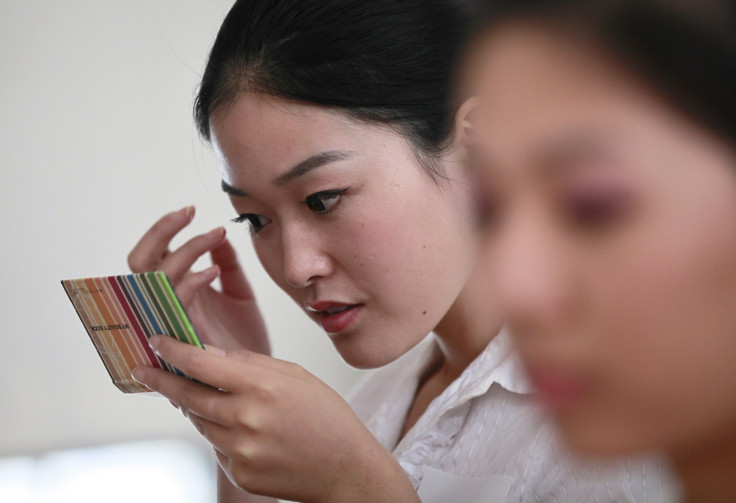Makeup and Plastics May Be Causing Early Menopause

Researchers warn that chemicals in cosmetics, plastics, and household cleaners could be causing women to go through menopause early.
Researchers from the Washington University in St. Louis, Missouri looked at data from 5,708 women who had been participants in the United States National Health and Nutrition Examination Survey. Women who had been exposed to high amounts of certain chemicals were likely to undergo menopause as much as two years early - a change from 51 years old, the average age for the onset of menopause in the United States, to 49 years old. But, as study author Natalia Grindler explained at the American Society of Reproductive Medicine's conference held in San Diego, some women began menopause as much as 15 years older. That could place the start of menopause for some women as early as their mid-thirties.
The culprits are phthalates. Researchers analyzed the blood or urine levels of the substance, and found that women with high levels of phthalates were more likely to undergo menopause early than their peers.
Early menopause has been linked with increased rates for bone loss, brain hemorrhages, heart problems, and strokes.
Dr. Grindler said at the conference, "Early menopause has a lot of impact on your health. We absolutely think these chemicals have the potential to affect ovarian function and human reproduction. There's a lot that we don't know at this point, our research is still preliminary, but it's enough to suggest it is having a detrimental impact in the long term."
Dr. Grindler could not say why some women had increased amounts of phthalates in their system. She suggested that they may have worn more make-up, drank greater amounts of bottled water, or ate more packaged food.
This is not the first time that phthalates have been linked to health problems. Several recent studies have linked the chemicals with increased risk for cancer, diabetes, and obesity. One recent study said that phthalate exposure was linked to reduced testosterone in mice.
Researchers say that there is no reason to worry yet. Research is in its preliminary stages, and the substance is impossible to avoid altogether.
Eating fresh, unpackaged food will reduce exposure. A list of cosmetics that do not have phthalates can be found here.



























